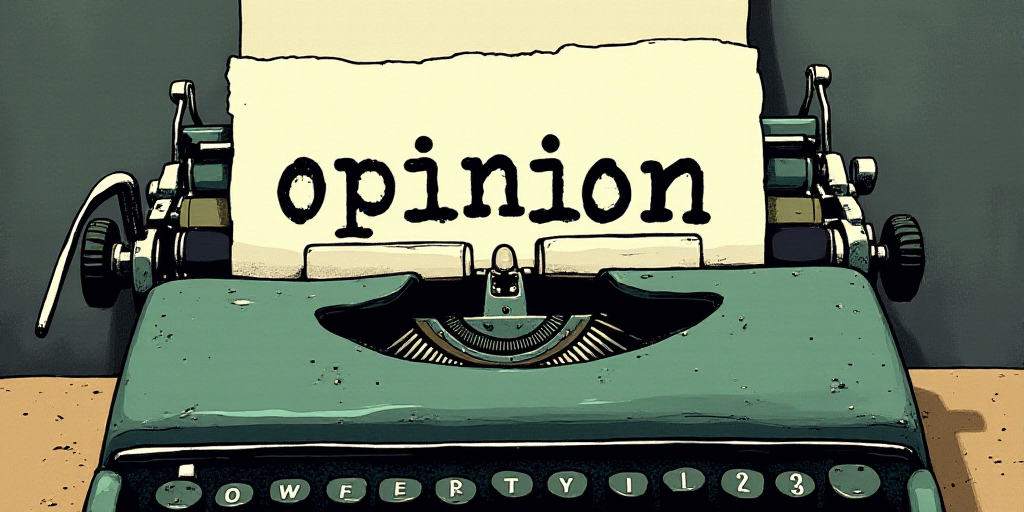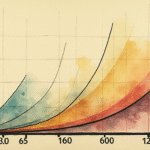Introduction
The advent of the internet and social media has dramatically transformed communication and information exchange in politics. In today’s globalized world, these platforms have become essential channels for political communication and shaping public opinion. Their growing influence on recent electoral processes is a testament to this transformation.
The Rise of Social Media Usage
According to the latest study by We Are Social published in April 2025, there are currently 5.56 billion internet users worldwide, with at least 5.24 billion actively using social media platforms. A significant portion of these users, 63.9%, rely on social media as a source of information, including political topics.
Successful Political Campaigns Leveraging Social Media
From Barack Obama’s groundbreaking 2008 campaign to Donald Trump’s controversial runs in 2016 and 2024, Narendra Modi’s India (2014), Justin Trudeau’s Canada (2015), Jair Bolsonaro’s Brazil (2018), Jacinda Ardern’s New Zealand (2020), and Gustavo Petro’s Colombia (2022), these campaigns share a common thread: strategic use of social media. These tools, tailored to each country’s geographical, cultural, political, social, and economic conditions, have been pivotal in their respective presidential campaign successes.
Social Media’s Impact Across All Levels of Government
The successful use of social media in political campaigns has spread across all levels of government. However, their effectiveness can be significantly limited when regulations impose restrictions that force campaigns to be entirely organic, without the ability to strategically target and segment content.
Mexico’s Judicial Elections: A Unique Case Study
Mexico, with a nominal voter list of 99.7 million citizens, is currently undergoing judicial elections. A total of 881 federal positions and 1,787 local judicial posts will be filled across 19 federal entities.
Despite the growing use of social media for information in Mexico, campaign conditions present substantial challenges. Regulatory restrictions limit the dissemination of proposals to organic content only, reducing their reach.
Key Questions and Answers
- Question: Can social media platforms effectively communicate campaign messages from technically-oriented profiles and motivate citizen participation in Mexico’s judicial elections?
- Question: Is digital access alone sufficient for democratic understanding and participation?
- Question: What lessons can be learned from Bolivia’s comparable case where social media was the primary campaign dissemination method for judicial positions?
Answer: The challenge is immense. The outcome of this exercise will be crucial in evaluating whether social media, without political resources or structures, can sustain a democratic election of this magnitude.
Answer: Social media is a powerful tool, but it requires strategic planning, regulation, and civic education to avoid becoming mere democratic illusions.
Answer: Despite high social media usage, Bolivia’s 2024 elections resulted in a 60% null vote rate, indicating an uninformed or unconvinced electorate. This underscores the need for more than just digital access to ensure democratic engagement.






